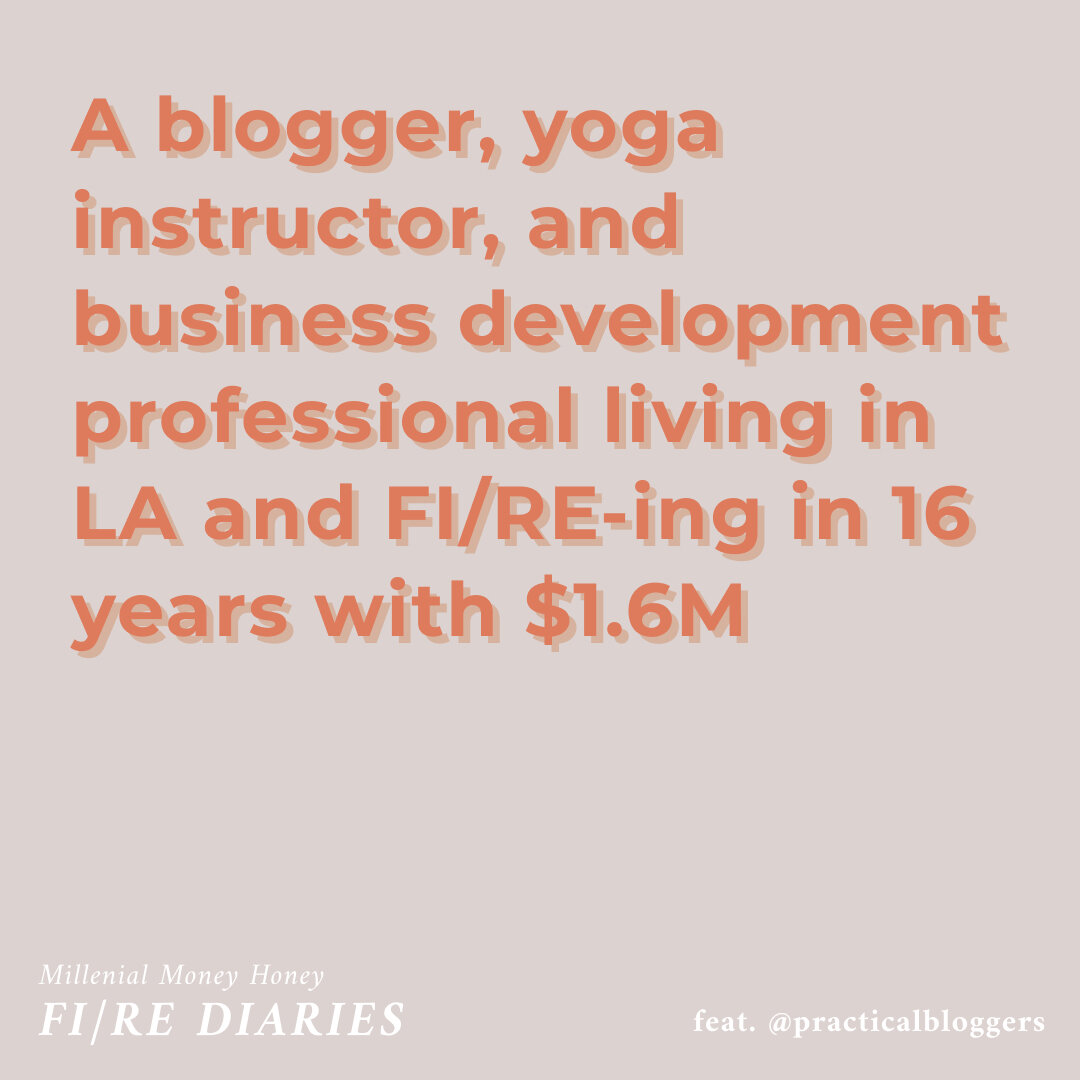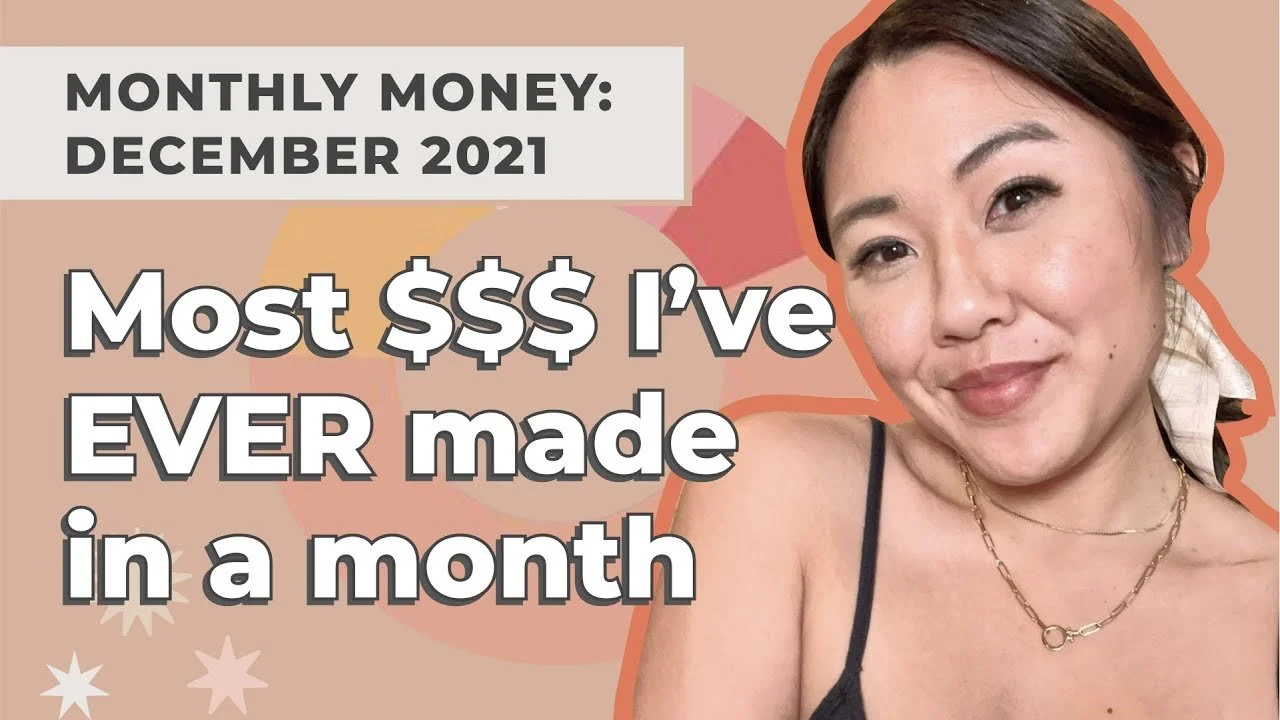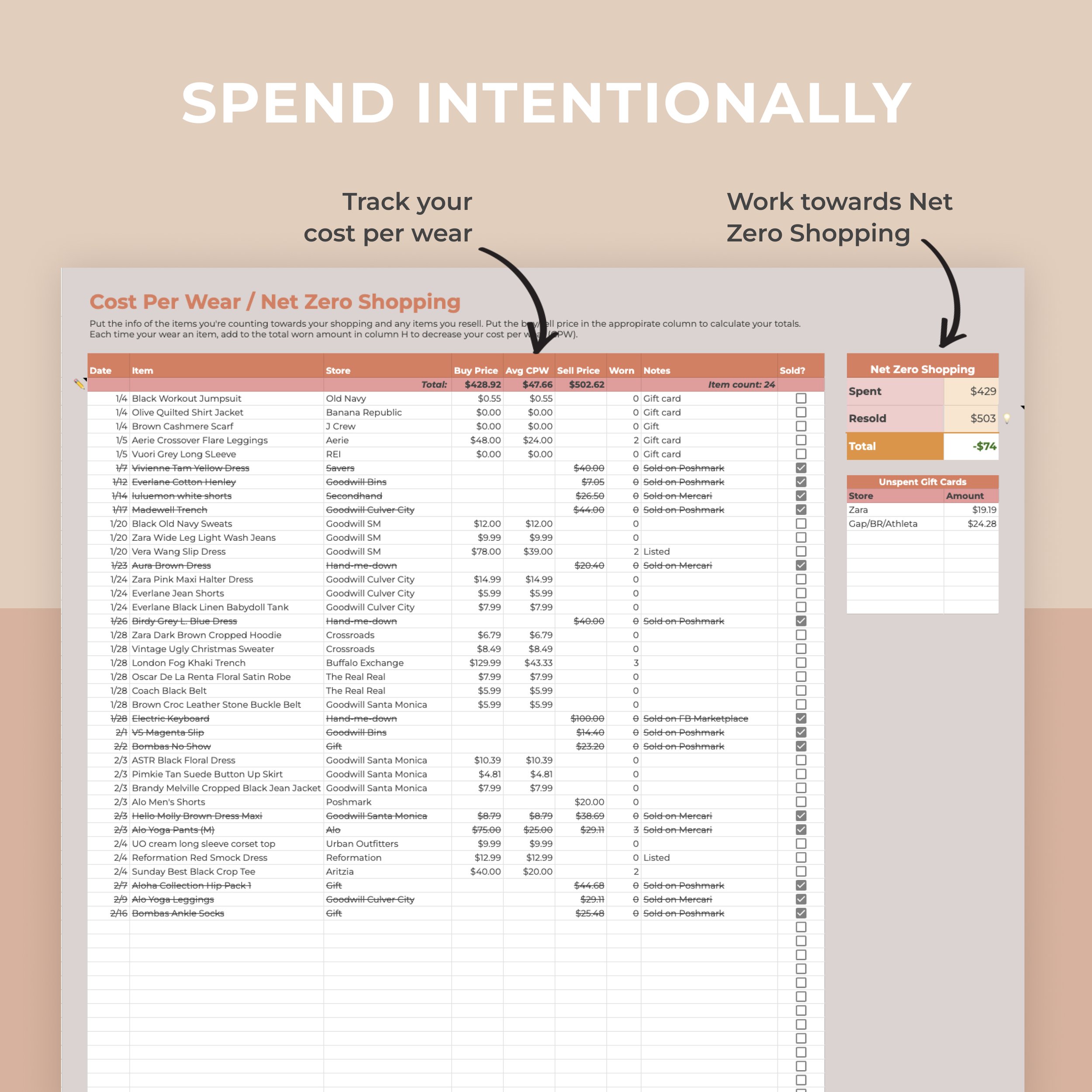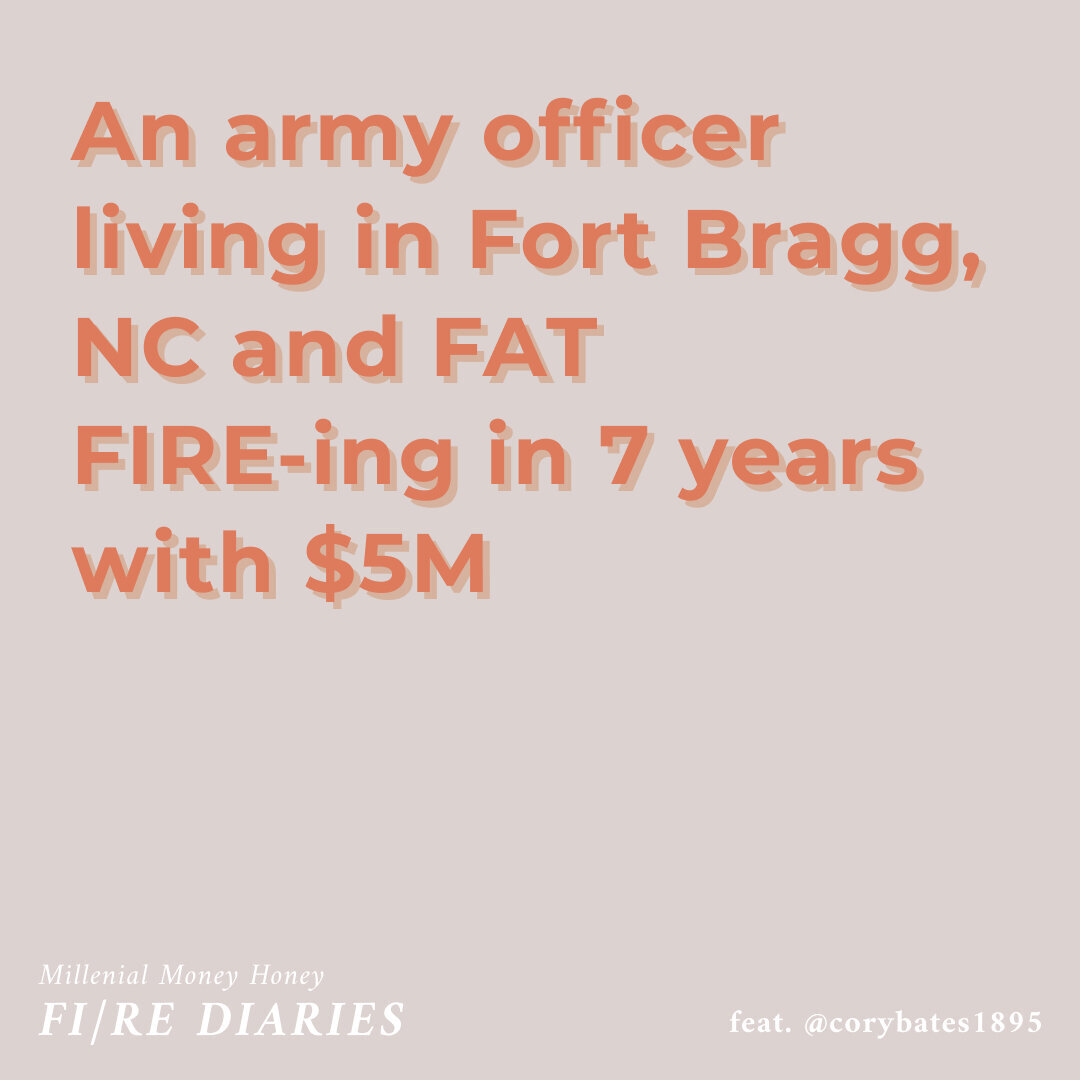“Retiring early? Won't you be bored?” I'm always really confused when I get that comment because there are so many things that I am looking forward to doing with my life. Many people ask me, “Where do I even start on my journey to financial independence?”. Although you may think it’s about money, it is not at all. It’s really about figuring out why you even want to chase FI/RE. I'm here today to talk about discovering your “why” for a FI/RE, and how to begin your own journey to financial independence and potentially retire early.
For those who say, “Why don't you just go and find your passion now?”, you are in a really fortunate position. It is very lucky to be able to have the funds to step away from your job, if only temporarily, to pursue a passion that you love. However, not everybody has the opportunity to take a salary cut or the luxury of time to explore different pursuits of passion. This is why I'm so passionate about spreading the FI/RE for everybody to achieve financial independence, or at least know that it is an option. Through investing your money, you are able to have a sustainable life where you can truly pursue your passions without having to worry about money.
While you might think, “Oh let me just crunch my numbers, see how much I need to invest, and I'll be ready”, that is actually not the first place I recommend people start. Really what I want you to do before you even begin, or even if you're already on your journey, is to write down every single thing you want to do with your life. I did this when I first started my FI/RE journey, but I recently did it again the other day to check myself and make sure my goals are still there. I'm not saying you have to have these goals forever or that they are static and can’t change, but it's good to periodically remind yourself why you're doing what you're doing.
Before we get into my personal goals, I wanted to talk to you a little bit more about how to write a good goal. When I ask a lot of people what kind of things they want to do when they reach FI/RE, they're like, “I want to travel more”, or “I want to start a company”. Well those are great, noble things to do, but they're not specific enough. It's hard to stay motivated when you just think, “I like traveling. I want to travel”. Narrow in on the details. Where do you want to travel to? What do you want to see? Who do you want to travel with? How do you want to travel? What type of hotels do you want to stay at? When you start thinking about your goals you need to get really, really specific. Without that specificity it's hard to visualize it as something you can actually achieve.
So let me give you a few examples that I wrote down from my own personal goals. My very first life goal, and something that has always been a priority to me when I reach financial independence, is starting a family and having kids by 38. Minimum I would like two kids, and I'm 29 currently. I want to start working towards that process of finding a sperm donor if I need, or figuring out my options. It’s important to understand this because I know that my lifestyle right now is going to have to accommodate future little humans. It’s a big life goal, and I know that as part of my FI/RE, I will have to consider that financial aspect.
Another thing I want to do is design a phone app. I'm actually not going to say too much on this one because I don't want to give away the idea, but it's a really simple one. I have a very specific and niche concept, and I have written in detail what it will do. I don’t expect to make any money from it, but I want to design an app purely to have accomplished it.
My next life goal is to go to all the National Parks in the contiguous U.S. and Hawaii. For Alaska, it can be hard to get to some of the National Parks (which I actually learned on a date!). Apparently some of the parks in Alaska you have to charter a helicopter, and it's a lot more expensive than you’d think. So for now, my goal is the contiguous U.S. and Hawaii.
Sticking with the traveling theme, I want to travel with Mom and Dad at least once a year. My parents are nearing retirement age and you only have so many years to travel before it starts to take a toll on your body. Spending that time with them while I can and while I'm young is so important for me to do.This goal isn’t as specific since it depends on where my parents want to go, but I am 100% down to be there with them and enjoy that time with them.
Another one of my goals is to rent a little Airstream or trailer to test out. Initially, my goal was to buy a trailer, but I think it's best to rent one for a road trip first. A trial run would help me decide whether or not I want to buy one. If I do end up really liking it, I would invest in an Airstream for myself. I think the van life is really romanticized, and obviously as a millennial, I like to imagine a simple life would be nice.
Lastly, one of my early retirement goals is to host a FI/RE event at least once. Specifically, an event for young women who are early retirees in Utah or Montana or Wyoming, somewhere super vibey. I want to see if I even like event planning and I think being retired and being able to focus on that would be extremely fun. Plus, community is one of my core values, which I discussed in a previous article, and I think it would be cool to have a retreat for FI/RE women to get together.
So those are some of my personal life goals, and hopefully they'll inspire some of yours! These are very specific to me and what I want to do with my life. It'll be interesting to do it again when I have kids and my priorities shift, but always having a clear “why” in mind really gets me so excited! Once you've written out your extremely precise goals, what I do is mood board everything. I have a vision board, inspired by my girl, Cynia at finance (check here out on IG). She is so great and so inspiring, but she turned me on to this idea of vision boarding, and that truly just crystallized my FI/RE dreams. I could really see the vision. So what I like to do is just pull a bunch of images off the Internet. You can dump it in Canva or the Figma app and mood board it out. Another option is to create a Pinterest board or put it in Google Slides. This allows me to actually visualize how all the images look together and then I can see, in this clear little concise grid, exactly my goals and dreams realized.
I hope this has helped you start thinking about your journey to FI/RE. It's definitely where I would begin. If you have already started, no sweat! Go back and do this exercise. I think it's super valuable to stay motivated, to remind yourself why you're doing what you're doing, and above everything else, keep you motivated on your journey. Because it is going to be many years. I still have another six to go, so it's important to be focused on why I'm doing all this. Leave a comment below with one of your own personal life goals that you've thought about, and hopefully that will inspire others to think about all the possibilities. Early retirement is not being bored - it means having the option to pursue all of your life goals. But it’s important to remember that some of these goals are doable now. You don’t have to wait to start weaving them into your journey today!






























